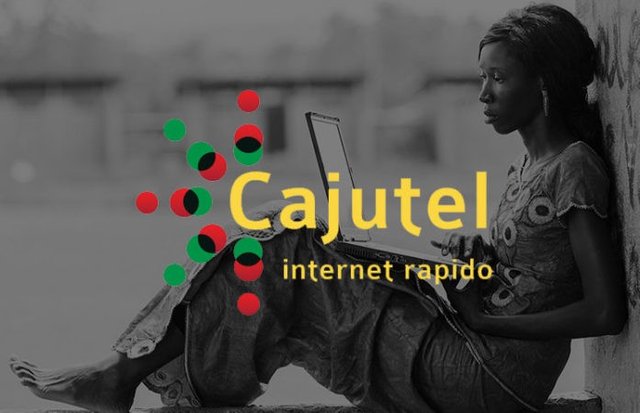Live under the global league of internet access

The Internet first appeared in Africa in the 1980s when the first Internet network system was set up in South Africa. Then came the first dial-up connection (to France) that connected Africa to the Internet for the first time in 1993. In the late 1990s, the first proposal for a regional Internet registry for Africa (which was to become AFRINIC) worked on.
In 2001, the first large submarine Internet cable connecting Africa was installed, and in 2008, the Internet penetration rate was 5% for the first time, almost 10 years below average World. Internet penetration in Africa is 35.2% (in December 2017).
Compared to the global average of 58.4%, Africa is far behind in terms of Internet penetration. But how fast (or slow) is the Internet in African countries? The 2018 report of the Worldwide Broadband Speed League contains all the numbers and we analyzed it to extract a list centered on Africa. According to the list, the least connected country is Guinea.
Guinea-Bissau is not a place for web junkies. Even in the capital, coverage is uneven, expensive and unpredictable. In other words, in the global ranking of Internet users, Guinea-bissau is at the bottom of the list, with very less number of its inhabitants regularly online.
Despite the efforts of government, broadband internet penetration in Guinea-Bissau, the country is unlikely to hit that target. While country lacks technological advancement, it also appears to lose grip of its position, as the emerging market’s growth in the fastest growing technology economy. Many regions of the African continent are still very backward in terms of technological advancements due to lack of education, resources, and poor living conditions. Majorly because of poor infrastructure and low internet penetration which is leading the digital divide.
Cajutel, a broadband infrastructure provider, is one of the operators looking to increase connectivity and access to broadband in Guinea-Bissau and beyond. Cajutel aims to close the digital divide between West Africa and the rest of the world. Cajutel at the forefront of creating the required backbone infrastructure that will boost digital market viability and minimize the challenges of accessibility and reliability across sectors and layered connectivity needs.
Hi! I am a robot. I just upvoted you! I found similar content that readers might be interested in:
https://cajutel.wordpress.com/2018/12/07/cajutels-solar-powered-internet-could-soon-connect-guinea-bissau/